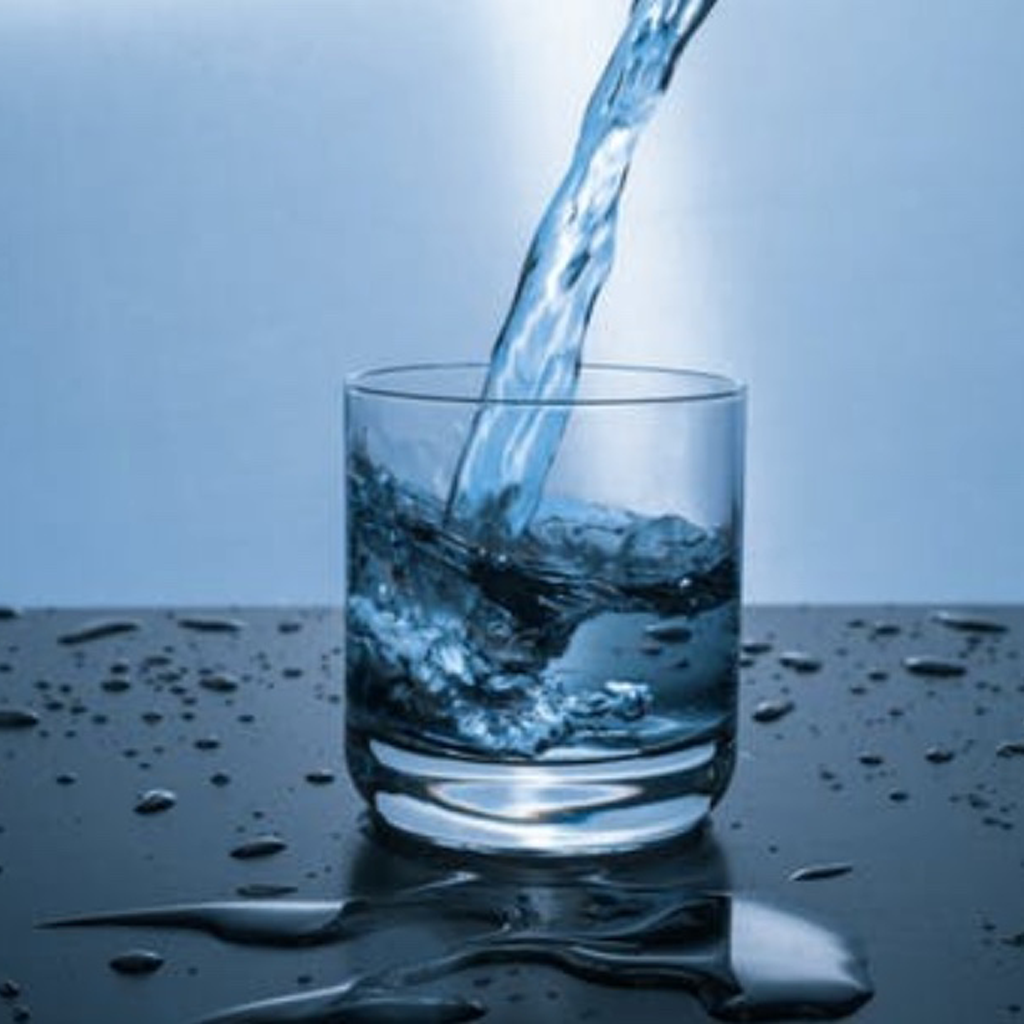Water is everywhere – why every athlete (and non-athlete) should drink it!
Water is precious, and water is essential for everybody’s well-being. Kids should not wait until they are thirsty to drink. The same goes for adults. You should have heard that we should all drink eight-ounce glasses of water every day!
Players require more (around ten glasses, unless they are very young). Most athletes do not drink enough. Dehydration is a common problem for athletes. This is made worse when a player is wearing heavy clothing and pads such as in football. The heavy clothing does not let the heat disperse and also causes increased sweating. Hard training will increase sweating, and all these factor make for fluid loss and can lead to dehydration, which means the body has lost body fluid and needs water!
Coaches must allow the athletes the opportunity to drink. The young athlete should drink water before, during, and after practice and a game. If a practice or training session is less than one hour, water is the drink of choice. Otherwise, a sports drink can be useful, but avoid caffeine, stimulants, excess sugar, and carbonation.
water
As tempting as it is to grab one of those fancy “sports” drinks, your kids just need water. The athlete must drink more fluid than the average person. Water will do just as nicely as fluid replacements. The concentrations of sugar and electrolytes in sports drinks can slow down absorption in many cases. However, if the drink has a pleasant taste, the athlete will drink more fluid, and the sports drink may come in handy.
The athlete should also sip the fluid regularly during practice and on game day. Carbonated drinks will cause gas to form in the intestines, and this will slightly delay absorption. Keep in mind that the thirst mechanism is not directly proportional and timed with dehydration. If an athlete waits to drink until he or she is thirsty, then the athlete is already dehydrated. The athlete will try to play catch up with regard to fluid intake and will fail to do so.
TIP+++TIP+++TIP
Hot weather problems to avoid
Heat cramps are painful, brief muscle cramps that occur during exercise in a hot environment. The cramps are usually felt in the calves, thighs, abdomen, or shoulders. This player should be taken into the shade or air conditioning and allowed to sip water and cool down before being sent home.
Heat exhaustion occurs when the body is not able to maintain normal functions because of the excessive loss of body fluids and salts. In effect, the body is trying to protect itself from a greater rise in body temperature. The symptoms include heavy sweating, intense thirst, dizziness, nausea, and a weak or rapid pulse. At this point, the athlete needs IV fluids. An electrolyte sports drink may help.
Heat Stroke is a life-threatening emergency. It is the result of the body’s inability to regulate its core temperature. As the body’s water and salt supplies dwindle, its temperature rises to extreme levels. The symptoms include a body temperature above 104 degrees, disorientation, confusion, or coma. The skin may be hot and dry or sweaty. Time to call 911 for an ambulance!

